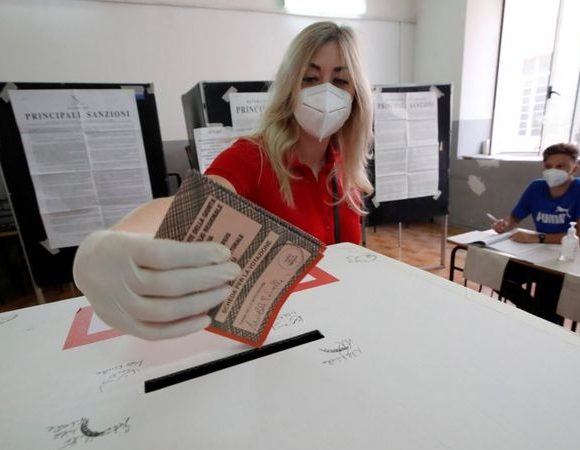
Italy has unanimously approved a landmark law defining femicide—the murder of a woman motivated by gender—as a distinct crime punishable by life imprisonment. The vote took place on the International Day for the Elimination of Violence Against Women, marking a symbolic moment after years of public pressure. The brutal 2023 killing of 22-year-old Giulia Cecchettin by her ex-boyfriend reignited national outrage and accelerated political action.
The new law, introduced by Prime Minister Giorgia Meloni, will ensure that gender-motivated killings are officially classified and studied. Judges and experts who helped draft the legislation argue it will expose the deeper roots of such crimes—power, control and societal patriarchy—rather than framing them as acts of jealousy or passion. Italy now joins a small group of EU countries, including Cyprus, Malta, and Croatia, that recognise femicide within their criminal codes.
However, the law has faced criticism from some legal scholars who argue its definitions may be difficult to prove in court, and from activists who warn that legislation alone is not enough. Families of victims, including Giulia’s father, emphasise the need for early emotional education to dismantle stereotypes and prevent future violence. Despite differing opinions, the unanimous vote reflects a rare moment of political unity in Italy as the country confronts the persistent issue of violence against women.
Pic Courtesy: google/ images are subject to copyright


